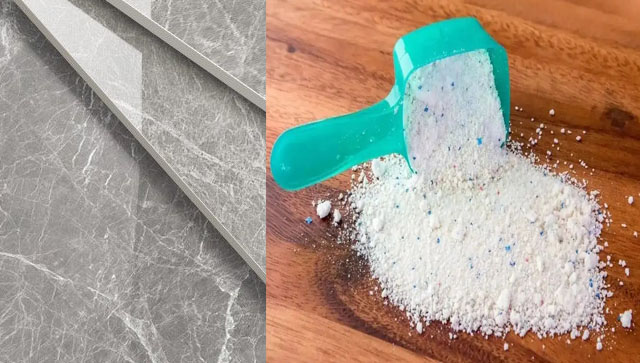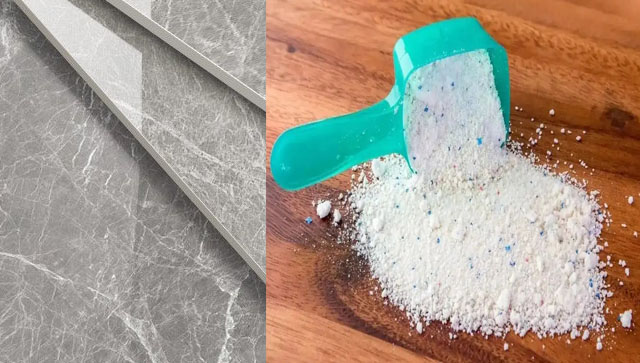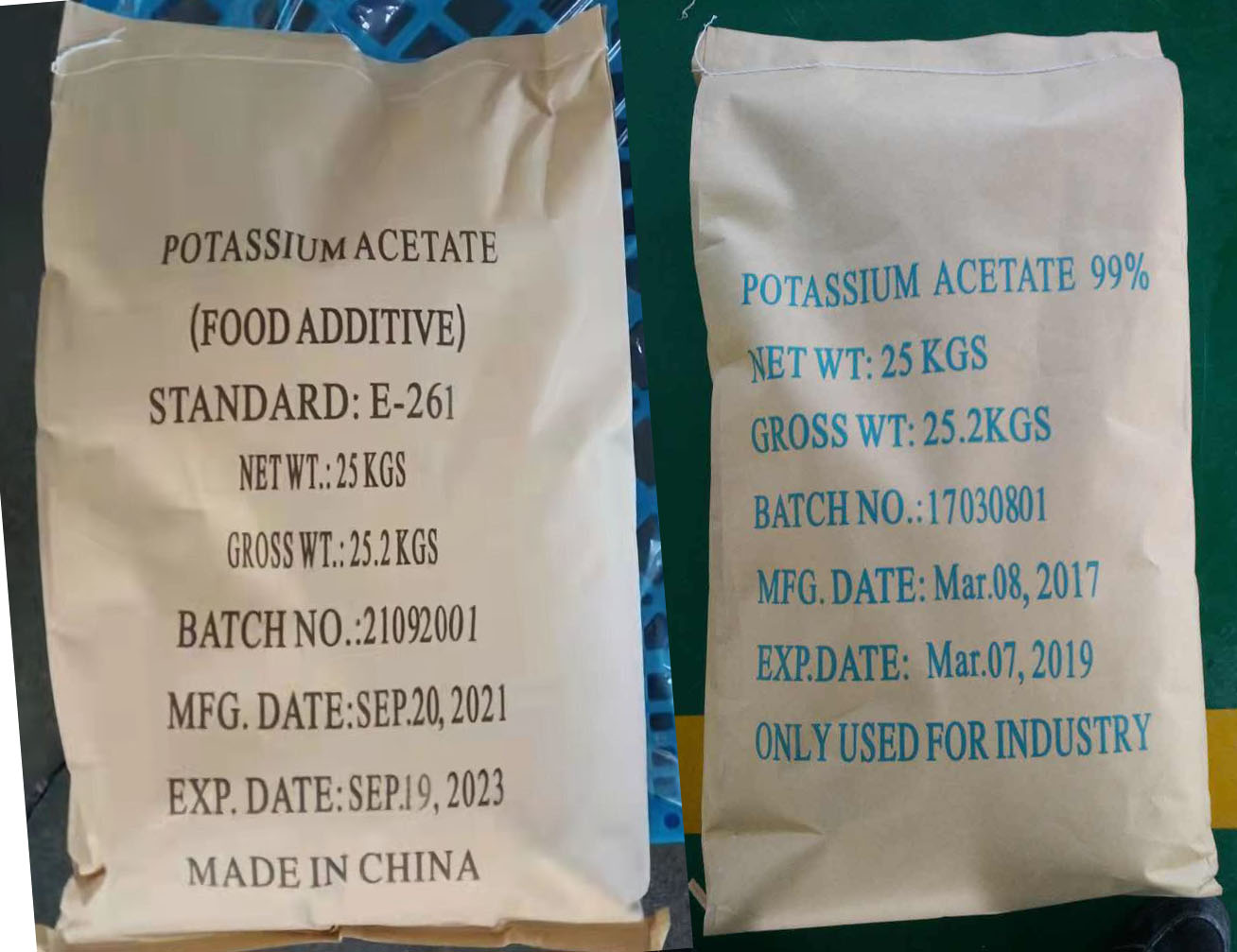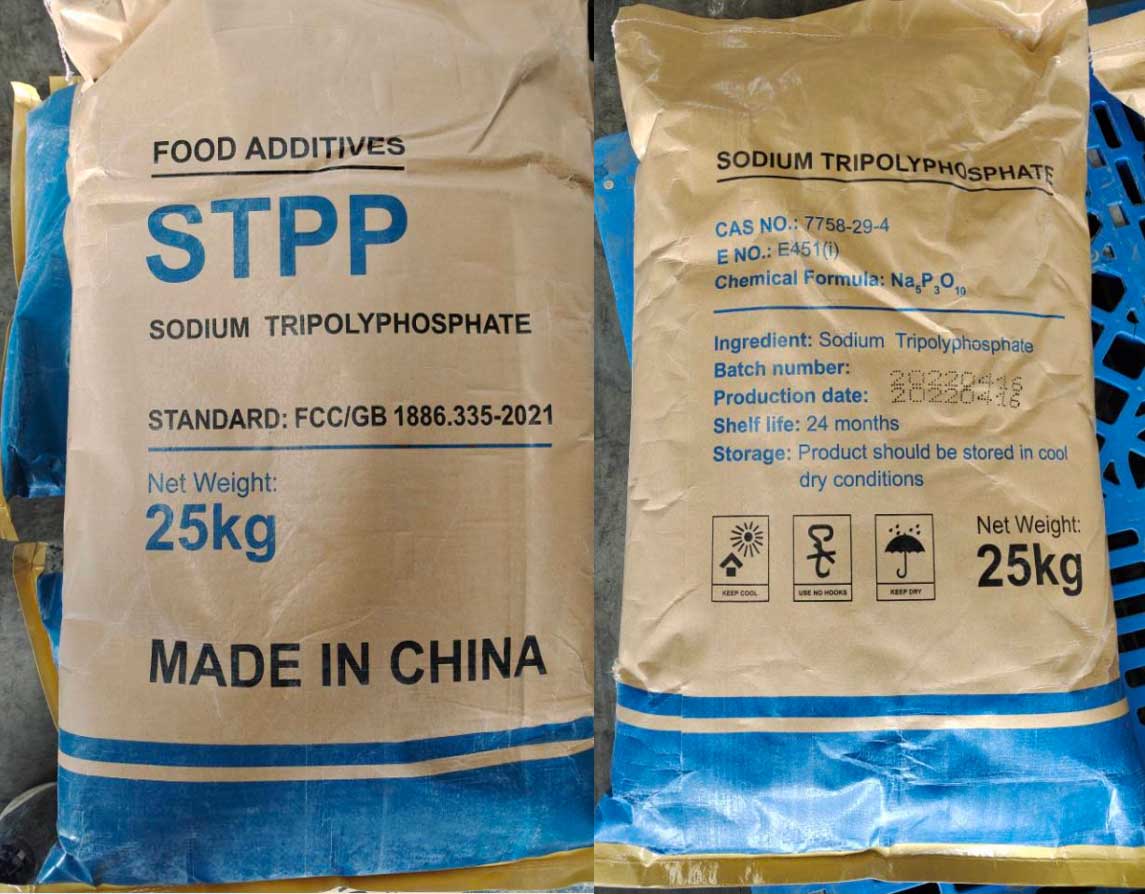Introduction
Coated sorbic acid is a revolutionary ingredient in the baking industry, offering a range of benefits that enhance product quality and shelf life. As a preservative, it plays a vital role in protecting baked goods from mold and bacterial contamination, maintaining yeast stability during fermentation, and extending the overall shelf life of products. This article explores the advantages of using coated sorbic acid in the baking process.
1. Protection Against Mold and Bacteria
Baked goods are highly susceptible to mold and bacterial contamination due to their moisture content and nutrient-rich properties. Coated sorbic acid acts as an effective antimicrobial agent, inhibiting the growth of mold and bacteria. By incorporating this preservative into your baking process, you can protect your products from spoilage, ensuring that they stay fresh and safe for longer periods of time.
2. Avoiding the Inhibitory Effect on Yeast
One of the challenges with using traditional sorbic acid in baking is its potential to inhibit yeast activity. Sorbic acid can interfere with yeast fermentation, leading to unstable or uneven rising of dough. Coated sorbic acid, however, is specially formulated to release its preservative properties gradually. This controlled release prevents the direct contact between sorbic acid and yeast cells, ensuring that yeast activity remains stable and consistent, thus maintaining optimal fermentation and dough quality.
3. Extended Shelf Life for Baked Goods
The ability to extend the shelf life of baked goods is a major advantage of using coated sorbic acid. By slowing down microbial growth and maintaining the integrity of the product, this preservative helps keep baked items fresh for a longer time. Whether you're producing bread, cakes, pastries, or other baked goods, the inclusion of coated sorbic acid ensures that your products retain their freshness and texture throughout their shelf life.
4. Improved Product Consistency
Coated sorbic acid not only extends shelf life but also enhances product consistency. By protecting against microbial growth and yeast interference, this preservative ensures that each batch of baked goods maintains its quality, texture, and taste. This consistency is particularly valuable for large-scale production where uniformity across batches is crucial.
5. Versatility in Application
Coated sorbic acid is highly versatile and can be used in a variety of baked goods, including bread, cakes, cookies, and pastries. Its effectiveness in different formulations makes it a preferred choice for manufacturers looking to preserve the freshness and quality of their products without compromising on taste or texture.
Conclusion
The use of coated sorbic acid in baking provides multiple advantages, including protection from mold and bacteria, stabilization of yeast activity, and extended shelf life. It is an essential ingredient for any baker or manufacturer looking to improve product quality and consistency. By incorporating coated sorbic acid into your production process, you can ensure your baked goods stay fresh, safe, and high-quality for longer periods, ultimately enhancing customer satisfaction and reducing waste.




